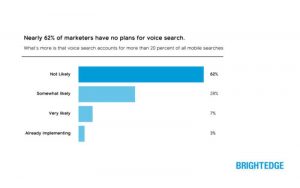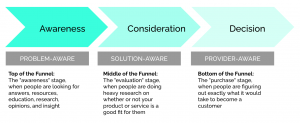NYU professor shares 4 key components to create financial security
Galloway’s formula has four key components: stoicism, focus, time and diversification.
BY Reuters
Open most personal finance books, and you will find the usual tips like how to maximize credit card rewards or get a bank fee waived.
But to create a life of real financial security, you need to think bigger and broader, according to Scott Galloway, a serial entrepreneur and marketing professor at New York University’s Stern School of Business.
You likely know Galloway from his mini-empire of media outlets: His “Prof G Pod” and “Pivot” podcasts; the “No Mercy/No Malice” newsletter, and the “Prof G Show” channel on YouTube, which collectively reach millions.
Now his new book, “The Algebra of Wealth,” aims to help people stop obsessing over meaningless minutiae and get them thinking about the major themes that will truly determine their financial future.
Galloway’s formula has four key components: stoicism, focus, time and diversification.
Stoicism
Greek philosophy may seem like a big detour for a money manual, but one’s character and behavior underpin everything else. Without that, the foundation for your financial future is shaky.
“Life isn’t about what happens, it’s about how you respond to what happens,” Galloway says. “A lot of things about money you can’t control, but a lot you can, and you want to focus on that. You can control your spending. You can control where you allocate capital. You can control your perspective.”
Focus
Choosing where we devote our time and efforts, during the course of an entire career, will largely determine our future financial success.
Yet the standard credo is to “follow your passion” – which Galloway says is probably the “worst advice” we could give young people.
Instead of devoting ourselves to pursuing passions with miniscule chances of success – like, say, being a professional athlete – we should focus on our talents. That includes areas of the business world which come naturally to us, which have high employment levels, and where we can work maniacally to become among the best in our fields, Galloway says.
Time
People are generally very bad at planning for the future, but it is not necessarily our fault. Blame our biology over hundreds of thousands of years, which had us focused on immediate survival.
“The majority of our time on this planet we didn’t live this long, so this is all new to us,” he says. “When you turn 50 and look in the mirror, you are horrified, because you are seeing an alien who shouldn’t be here. We should be dead by this point.”
Yet the likelihood is high that if you are reading this, you could live into your 80s or even 90s, so you can put time to work on your behalf – even if you are 50 with no savings, assuming annual S&P 500 gains of around 9%,

“In 25 years, every dollar you save right now will be worth $8,” Galloway says. “So it’s not too late.”
Diversification
This is a lesson Galloway learned the hard way, betting on ventures that did not always work out. He ended up broke at the age of 42.
It may be a rush to go big on one particular thing. But if it doesn’t pan out, then you have put everything else at risk.
The solution is diversification. For the majority of your portfolio, that means a passive, low-cost, diversified basket of assets such as an exchange-traded fund.
That does not preclude you from allotting a percentage of your investments to individual stocks – just make sure that if a bust happens, you and your family will be okay. (Galloway himself does not go over 3% of his portfolio in any one venture.)
“Diversification is my Kevlar vest,” he says. “I can take a bullet to my chest [with any one investment], and soon after I will be up and fine again. People don’t realize how powerful diversification is.”
Now that Galloway has written “The Algebra of Happiness” and “The Algebra of Wealth,” he says more “Algebra” books are on the way – on the subjects of masculinity, work and mating.
In all cases, think of your life as an investment: You are taking small daily actions, based on certain principles, watching them compound over time and enjoying the outcome.
Says Galloway: “The good news is that you can get to big wins slowly – with things that are in your control.”
—Chris Taylor, Reuters
(11)









